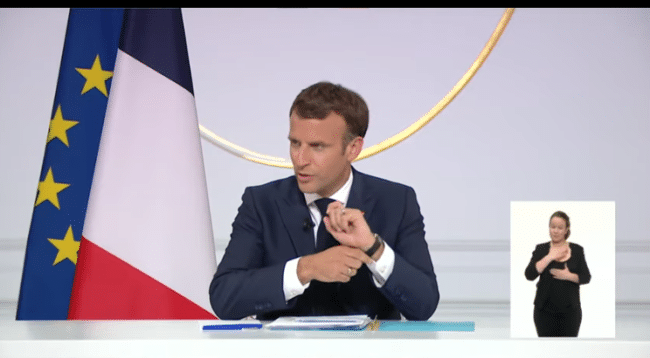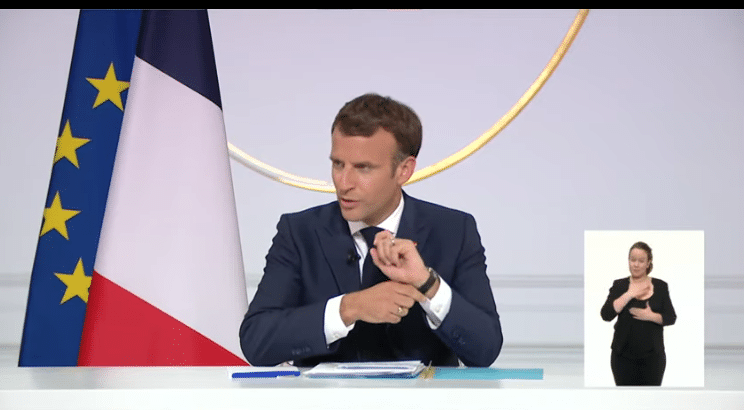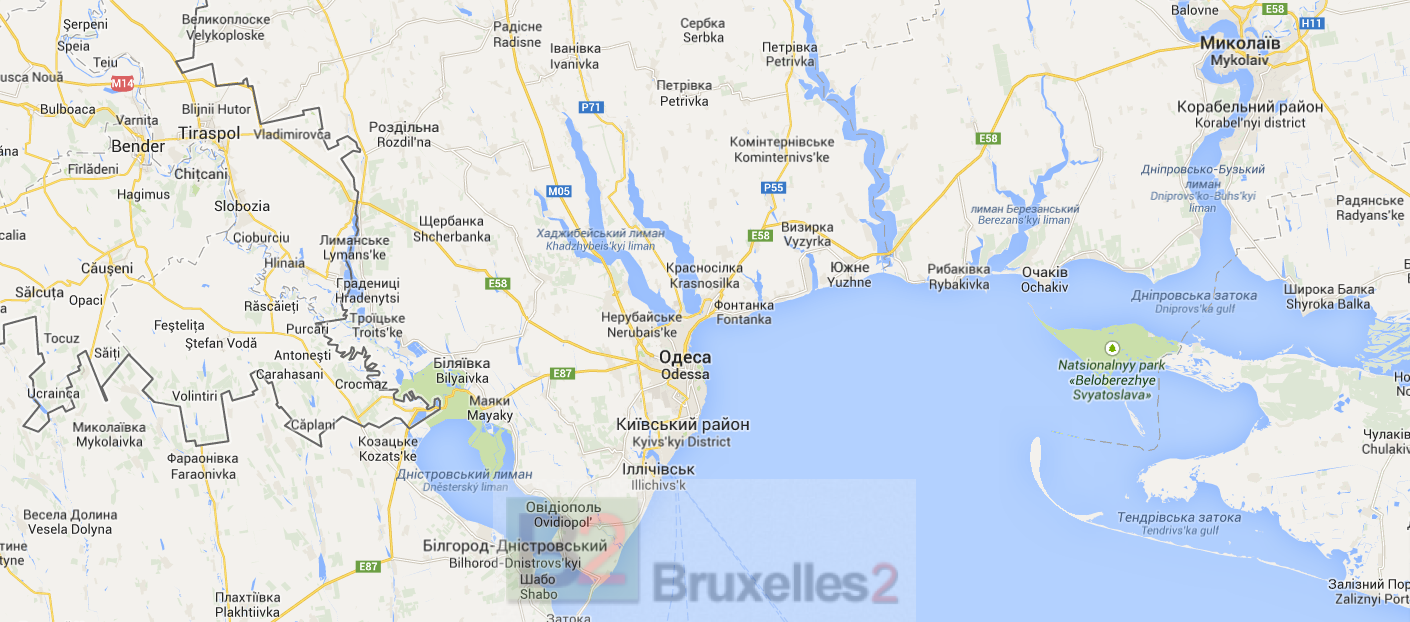The Barkhane Exit by Emmanuel Macron. Operational rescuer or political reasoning? (v2)
(B2) Several reasons of African, international and operational politics seem to motivate the French president's decision, as well as a certain electoral opportunism

Announced this Thursday (June 10) at the turn of a press conference dedicated to presenting the French position at the G7 and at the NATO summit, the decision to end Barkhane may have come as a surprise... The words used by Emmanuel Macron , speaking of a feeling of wear "Or" to lose the thread of why we are here — were indeed a far cry from the victory announcements of a few months ago (read: Exit Barkhane. Long live Takuba and EUTM Mali. Emmanuel Macron decides to move the lines).
A decision postponed several times
We remember a decision expected for the end of 2020. Finally, the decision had been postponed. The French president having failed to decide. For Emmanuel Macron, it was therefore time to put forward an exit strategy, to try to get out of what can be analyzed at the very least as a military stalemate, before becoming a quagmire. With the impression of saving who can, we can however put forward a few solid reasons, which motivate this decision, thought over for a long time (too long, no doubt).
The reasons for this decision are multiple.
The military stagnation
First of all, despite the press releases drumming victories over the terrorist enemy, despite a arises (decided at the Pau summit), the hard blows dealt and the dozens of 'terrorists' neutralized - 859 killed for the Islamic State alone in the Greater Sahara in a little over a year, since the Pau summit, said the director of the military intelligence (DRM) to parliamentarians — the rebel and terrorist movements do not seem to be weakening or lacking in troops. It's not a failure. French forces scored tactical successes. But they failed on the strategic objective: to avoid the terrorist influence on the Sahel. On site, the joy and good humor that had greeted their intervention in 2013 vanished, giving way to a certain weariness, even hostility. We can therefore say that it is a semi-failure.
The new political situation African
Successive coups in Chad and Mali precipitated the decision to readjust troops – even if the French president denies it. The situation in N'Djamena is particularly worrying. This is where the headquarters and a good part of the air logistics of the operation are located. The turn towards chronic instability could both threaten the functioning of the HQ, but also the arrival of Europeans in the theater, or even in support. The temptation of the military putsch is still strong. It could win other countries. The political situation in Burkina Faso remains just as fragile.
The failure of Takuba's rise to European power
The idea of setting up a European operation made up of European special forces has so far failed. The Minister of the Armed Forces may every three months puff out his chest and announce future arrivals. It has to be recognized: France has not succeeded in convincing, beyond the first players who came from the start, Estonians and Czechs, later joined by the Swedes, the other contributions are long overdue. The Italians are getting their ears pulled. Neither the Dutch nor the Belgians intend to come. Even less the Germans, the British or the Spaniards... This is due to several factors: the traditional slowness of mobilization of the Europeans, a certain lack of enthusiasm for a distant and dangerous theater, etc. But we must not forget also the ambiguity maintained by the French on the command and the objectives of Takuba. The format 'Task Forcehard to convince. It is not quite a multinational operation in its own right, but a simple force in a French device.
The need to convince European and NATO partners
To convince both political leaders and national elected representatives of other countries, a more solid, more multinational, more African format is needed. Hence the announced dissolution of 'Barkhane', too connoted 'OPEX à la française' (1), destined to be reborn under another name. In fact, we are merging 'Barkhane', 'Takuba' and the G5 Sahel force into a single operation. This announcement (just before the G7 and NATO summits) also aims to convince the NATO allies in the first place, and other European and African partners to join Takuba.
US withdrawal from Afghanistan
The withdrawal quickly decided by Joe Biden of the Americans from Afghanistan (which leads to that of the NATO Allies) also played a role in this decision, somewhat as an example and an opportunity. It both opened up space for a new operation in the Sahel – military personnel becoming 'available' after returning 'home' – but also made Barkhane a clear symbol of military interventionism. It was therefore necessary to move the lines.
The election deadline
Finally, we must not forget the proximity of the French electoral deadline of May 2022. The operation in the Sahel is no longer really favored by the French. It was urgent to begin an orderly withdrawal, before possible new inevitable losses. If these fell in the middle of the presidential campaign, they could not be attributed solely to fate...
(Nicolas Gros-Verheyde)
- Hence the insistence of the President of the Republic to turn the page on external operations
Updated with precisions on certain turns of phrase and addition of the argument of the American withdrawal.
Read also:

